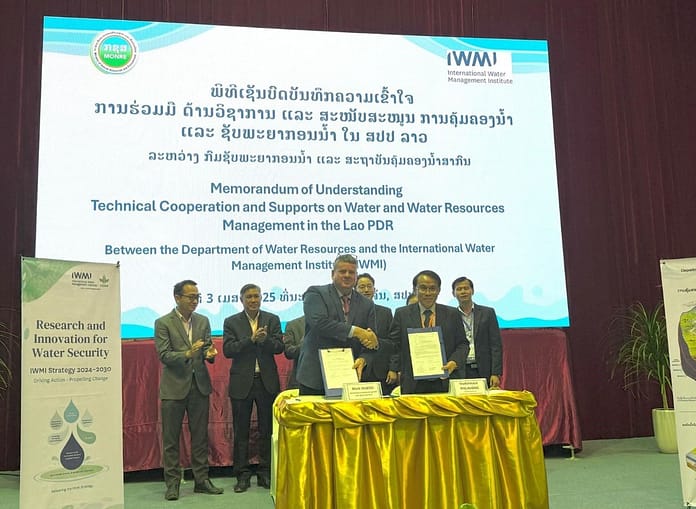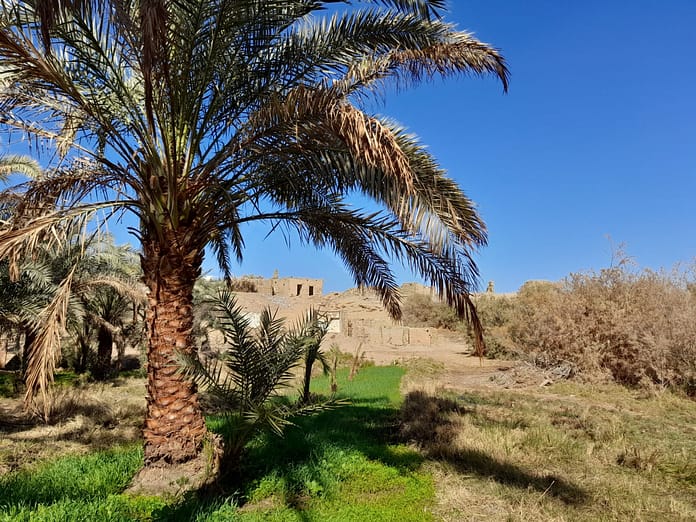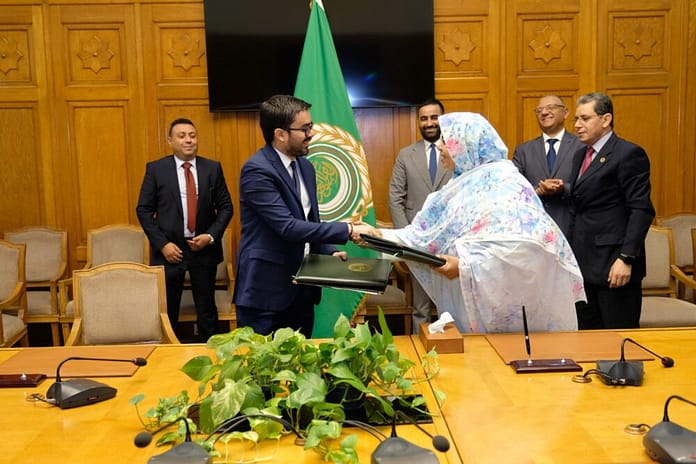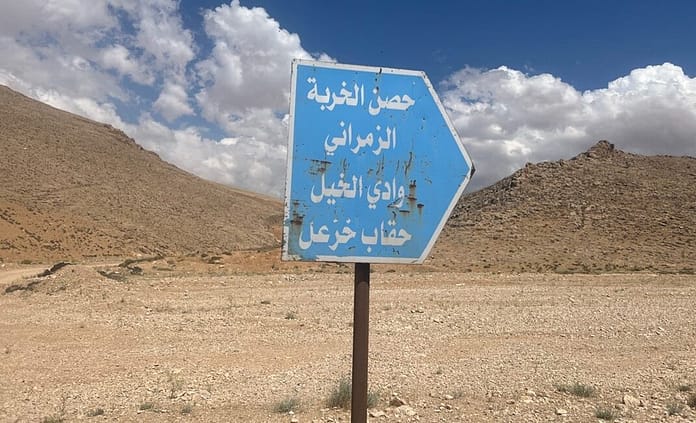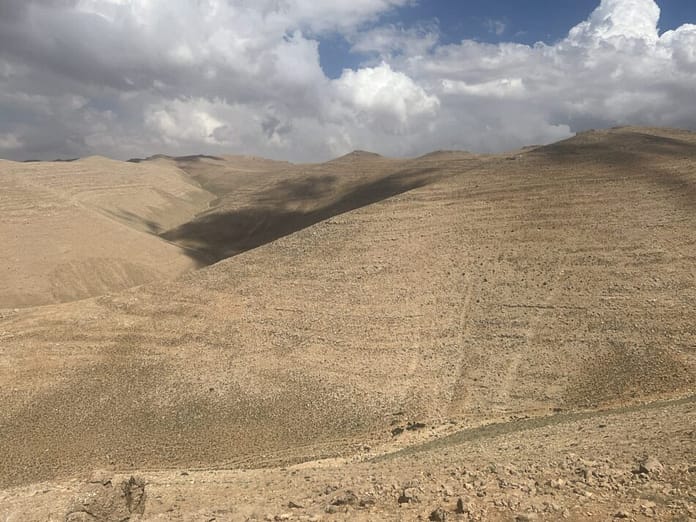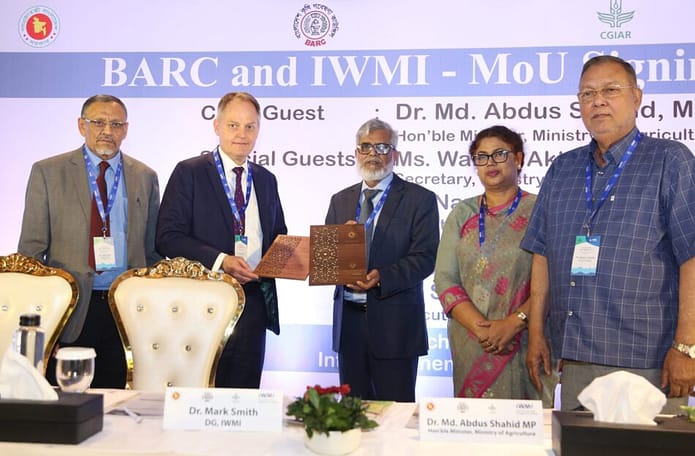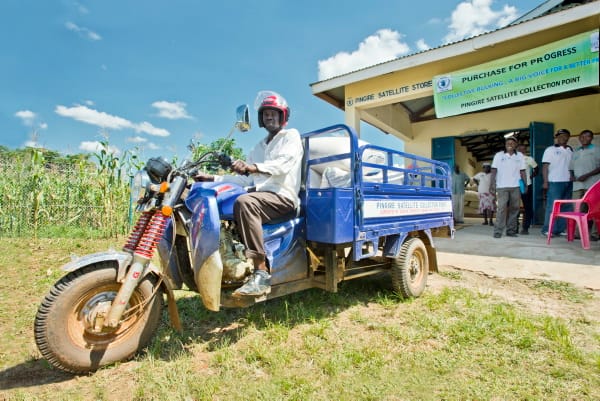By Louise Sarant
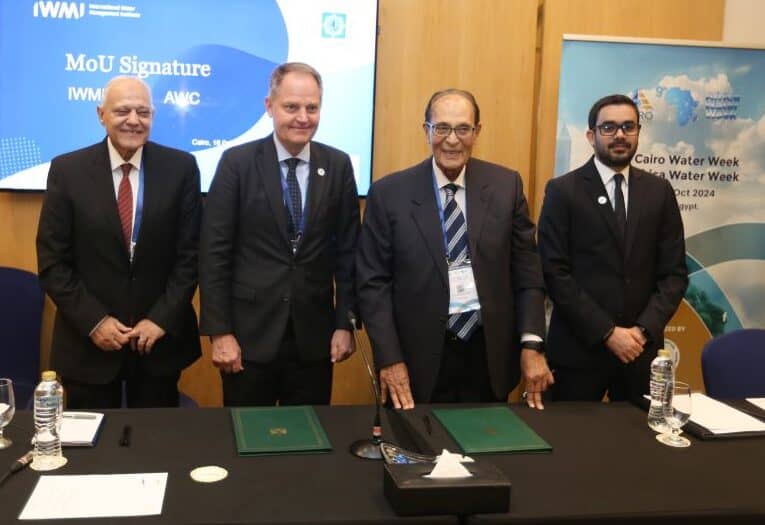
Partnerships emerged as the essence of the 7th edition of the Cairo Water Week (CWW). Amid vibrant exchanges and knowledge sharing, collaboration, co-creation and systems thinking, partnerships emerged as the driving force uniting hundreds of participants. They included policymakers, business leaders, scientists, and community advocates who gathered to confront the urgent challenge of water scarcity.
This year’s Cairo Water Week was particularly significant, with IWMI hosting 15 sessions—nearly three times as many as in 2023—and convening six additional sessions at the concurrent Africa Water Week. With a delegation of 30 members, IWMI’s strong participation underscored its commitment to fostering cross-sector collaboration in addressing escalating pressures on water resources.
During CWW, IWMI achieved important milestones by signing a Memorandum of Understanding (MoU), launching three reports, and introducing new water reuse standards. Throughout, IWMI showcased innovative strategies for water management, including nature-based solutions, policy coherence, and effective groundwater and surface water management, involving all stakeholders—farmers, local communities, NGOs and government agencies—while relying on robust data-gathering systems that combine ground observations with remote sensing and artificial intelligence.
This spirit of collaboration culminated on October 16th with the signing of an MoU between IWMI and the Arab Water Council to continue joint efforts to enhance resilience and sustainable development through collaborative research, capacity-building initiatives, and policy influence.
Another highlight of the week was the launch of the IWMI-led CGIAR Water Systems Integration Roadmap (2024-2030), which aims to bolster water security by integrating research and practices across the water, food, and energy sectors. This roadmap, which aligns with IWMI’s strategy for the next seven years, provides a collaborative framework for CGIAR institutions to address the complex challenges of water scarcity.
Mark Smith, the IWMI Director General noted, “This integration roadmap offers the water community an unprecedented opportunity to address challenges and implement sustainable water solutions in Africa, from gene to basin.”
Addressing climate fragility, salinity and policy coherence
The Bouregreg basin in northwestern Morocco is economically crucial, contributing approximately 68% of the country’s GDP and providing freshwater to 6 million people. However, this watershed has been experiencing a protracted drought for six consecutive years, alongside challenges from floods and erosion.
To understand the climate fragility of the watershed’s natural systems and identify levers of resilience, IWMI engaged a wide range of stakeholders to develop resilience solutions tailored to the basin’s specific needs. The report, produced by the CGIAR Initiative on Fragility to Resilience in Central and Western Asia and North Africa, presents a participatory methodology — a first in the MENA region — that can be replicated in other strategic yet vulnerable basins in Morocco and beyond.
As Youssef Brouziyne, IWMI Regional Representative in MENA, stated, “By understanding the complex and interconnected root causes of climate fragility, we can start planning for the resilience of the whole system.”
In Egypt, countless farmers from the Nile Delta and beyond suffer not from drought but high salinity levels, affecting their crops and revenues. To protect crop productivity from high salinity, IWMI, in collaboration with the Arab Organization for Agricultural Development, released a report presented during CWW that maps soil and water salinity across all of Egypt’s farmlands in the Nile Delta and beyond. This research explores farmers’ management strategies for combating salt on their land and assesses salinity’s repercussions on crop productivity.
The presentation of the CGIAR Initiative on National Policies and Strategies’ report on the coherence of food, land, and water policies in Egypt highlighted these sectoral policies’ intricate linkages. It advocated for a transformative approach that strengthens synergies and promotes sustainable management practices—crucial for optimizing agricultural water productivity under the changing climate in Egypt.

Innovations for sustainable water management
Throughout CWW, IWMI showcased a plethora of other innovations, including the AWARE platform for climate-smart decision-making; DIWASA for enhanced water-security data in Africa; and e-ReWater, an AI-driven tool to expand wastewater reuse across the MENA region.
“Effective water management requires robust information systems; there is a consensus about harnessing big data to support informed decision-making,” stated Olufunke Cofie, Africa Director for Research Impact at IWMI.
As Cairo Water Week concluded, participants recognized that diverse voices are essential in developing effective solutions. Looking ahead, stakeholders will work together to implement actionable plans, fostering cooperation among governments, NGOs and local communities. Hani Sewilam, the Egyptian Minister of Water Resources and Irrigation, summarized the urgency of such partnerships by asserting that “Water insecurity is directly linked to food insecurity, making it imperative that we act together to secure our water resources.”
Cairo Water Week took place in the Egyptian capital from October 13–17.


